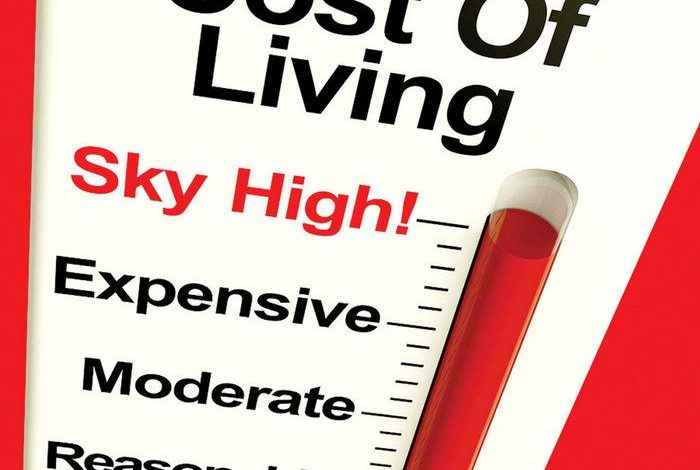Rising Cost Of Living


By Fathol Zaman Bukhari
I kept shelving the idea of writing a piece on rising cost of living purely because Budget 2016 has yet to be announced by the Prime Minister cum Finance Minister, Datuk Seri Najib Razak. And now since the nation’s expenditure for 2016 has been announced in parliament on Friday, October 23, the time is ripe.
As expected national dailies went out of their way to declare that Budget 2016 was tailor-made for the rakyat, plus the accompanying mumbo-jumbo. I am not entirely pessimistic of its viability considering the many goodies in store for Malaysians in 2016. Doubling the number of zero-rated GST goods, increasing the base rate of the minimum pay, tax reliefs for college-going children, reliefs for those who take care of their sick and aging parents and affordable homes are some of the icings on the cake.
Strangely, Budget 2016 was silent on ways to counter the country’s number one scourge – corruption. There was a glaring omission of it; there is hardly any mention of how the government intends to combat corruption or how to plug leakages in spending or how to enhance integrity in governance when integrity is the number one problem affecting the government of the day, especially the topmost rung.
The Budget should address these challenges from varying perspectives. It should propose measures to be taken to overcome overspending, purchasing items above market-prices and delays in approval which have been highlighted in the Auditor-General’s annual reports. The millions or billions lost through these illicit acts could have been better utilised for the well-being of the rakyat.
In short, institutionalised corruption is the root cause of our country’s poor outlook in the international arena. The lack of effective enforcement by state agencies is another area the budget fails to address. There are no effective deterrents to instil fear in the perpetrators so much so that they continue to cheat and plunder with impunity. It is the rakyat who suffer eventually, no matter how well-intended Budget 2016 is designed to look.
The ineffective Enforcement Agency Integrity Commission (EAIC) is a case in point. It should have been provided with enough funding to hire people with integrity not civil servants and politicians who are easily cowed by threats and innuendos.
Our reporters went out to the streets to gauge Ipohites’ views of the rising cost of living. Although the survey was done before Budget 2016, the effects are minimal as the problems facing Malaysians in general, are similar – eroding spending power brought about by escalating cost of essentials exacerbated by the plunging value of the battered Ringgit.
Most of those we spoke to had a bone to pick with the government over the dreaded Goods and Services Tax or GST. They felt that the government had found an ingenious way to curb the rakyat from spending their hard-earned money. Although many items are GST-exempted, the hidden cost arising from taxation at the source makes the finished products expensive, exponentially.
Eating out is a luxury few can afford these days. Today, a simple dinner for two at Pakeeza Restaurant will set you back by at least RM50 when the same fare would cost RM35 pre-GST. Although the number of GST-zeroed items has doubled from 4,415 to 8,630, they are mostly for medicines and health-care products, which don’t impact most consumers, especially those new in the job market.
The budget has provision for five new hospitals, a hospital specifically for women and children and improvements on existing community clinics. However, these free health-care services have been used and abused by foreigners. Full charge on treatments for non-citizens effective January 1, 2016 is music to the ears. They should be made to pay for healthcare.
One other area which the budget has repeatedly overlooked is public transport. Ipoh is a shining example of this anomaly. The city has a gleaming bus terminal but no feeder bus service. Plans are afoot to build a central terminal ala KL Sentral behind the Ipoh railway station. This state initiative is long overdue.


